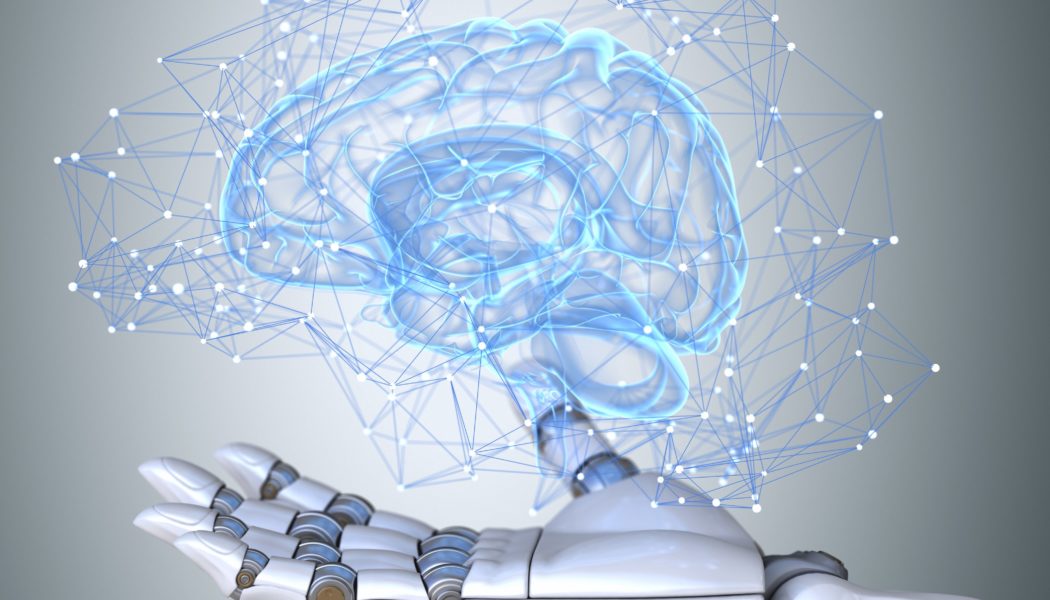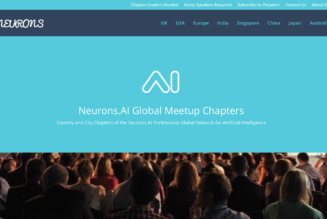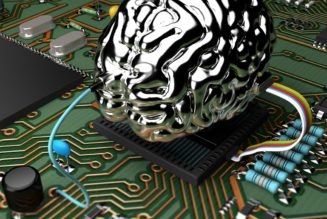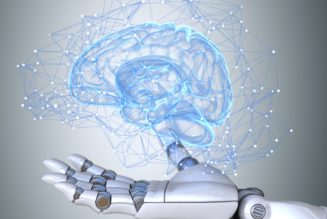The robots are coming, whether we like it or not. Clearly, if you’re reading this, then you are probably as excited as us about the coming robo-lution. No matter how exciting this new era may be, the rise of the robots does not come without its ethical quandaries. There is certainly a bunch of stuff that we need to address, and soon…
1. Jobs
Perhaps the most widely covered concern rising from increased automation and AI is the impact on employment. We could be on our way to a massive jobs crisis, in which not only blue-collar, but white-collar jobs are taken over by intelligent machines and robots.
As Bill Gates remarked during a speech in October 2014, “technology over time will reduce demand for jobs, particularly at the lower end of skill set… 20 years from now, labour demand for lots of skill sets will be substantially lower. I don’t think people have that in their mental model.”
Whilst there are many, many doomsday articles and soundbites out there stirring up concerns, there is a strong counterargument.
With every industrial revolution we have seen so far, jobs have not been so much lost as altered. Whilst those stuck in their ways may falter, as they have done since the first industrial revolution, when jobs in agriculture dramatically reduced and people migrated to the cities to work in manufacturing as the emphasis of work changed from independent production to mass production,
new opportunities will inevitably become available.
Electricity and telephones marked the second industrial revolution in the early twentieth century, creating lots of fear and distrust amongst the general population, who were concerned about the safety and implications of bringing this new, strange technology into our homes. In the third industrial revolution, the internet was born, transforming the way we work, the way we live, the way we communicate, the way we play, in absolutely unprecedented ways. Our society now barely resembles that of the pre-internet era.
The internet had a massive effect on the way we do our jobs. Email, digital documents, design, ecommerce, and so on, evolved business in a way that both streamlined and facilitated our workloads. But, moreover, the internet also created swathes of new jobs that had never existed before. Web designers and developers, for example, were jobs that simply didn’t exist before. Writers’ lives have changed immeasurably – no longer were they clamouring for their own column in a local rag, or praying for a publisher to give their manuscript the thumbs-up. With the internet, anybody could be a writer – for better or worse – by starting a blog or becoming a content creator.
The point is that we cannot anticipate the new roles that will emerge from the rise of the robots. Coding and programming, data science in all its many facets, and general STEM-related roles will, of course, abound. However, we can also expect a price premium on work that can only be accomplished by humans. Rather than competing against the vast computing power of the coming AI explosion, we should focus on stuff that we can do better than them. As business author Don Peppers stated via an article on LinkedIn in 2012:
“One way [to beat the machines] is to become very good at dealing with interpersonal issues – people skills. The other way is not to focus on solving problems but on discovering them.”
2. The Ethical Decisions of Self-Driving Cars
There is a runaway train on the tracks. Ahead, there are four people tied to the track, unable to move. The train is headed straight for them. You have control of a lever that would allow the train to switch to a different set of tracks. However, you notice that there is one person on that other set of tracks. You have two options:
Do nothing, and the trolley kills the four people on the main track.
Pull the lever, diverting the trolley onto the side track where it will kill one person.
Which is the most ethical choice?
What answer would a self-driving car give to this famous philosophical problem, or its associated variations?
There will, undoubtedly, be similar problems that a self-driving autonomous vehicle would have to make in the course of its lifetime. The vehicle’s software would have to make a snap decision, at least one of which might cause the vehicle’s passengers harm, or else harm to an outside party or parties.
3. Ambient Advertising
The home of the future will be smart. Like something out of Beauty and the Beast, we will live in homes where our items and appliances will ‘talk’ to one another. Of course, this is a fountain of endless possibilities for making our lives easier and allowing us to get on with the business of, say, retraining for a new job in the automated world. But the way in which this technology is being developed has a dark underbelly.
Why would companies want our home appliances to talk to one another, and to us in fact? Well, the answer is to sell us stuff. Yes, we need to buy things like groceries and new clothes anyway, and ambient advertising suggesting highly personalised products using AI may make our shopping decisions more accurate, but do we really want that?
Many people already feel burdened by the overwhelming barrage of advertising, and the individual’s mass moniker, ‘consumer’, so will we really take to such high-level marketing in our own homes? What are the ethics of this? How much can brands really manipulate us? And if brands can do it, why not our governments?
4. Law Enforcement and Judgment
Imagine a world in which you are judged for crime, not by a fellow person, but by an intelligent robot. Seems pretty dystopian, right? Well, yes. But, considering judges have to work to the letter of the law, consulting legal precedents and laws without emotion, maybe a robot judge would not be such a bad thing. We hear stories all the time of judges going lenient on college boy rapists because they have a ‘bright future’ ahead, or deciding that a victim was ‘asking for it’. If we take personal bias out of the equation, dealing only in facts, will we have a fairer justice system?
On the other hand, robocops are a more troubling prospect. Whilst legal judgments are generally black or white, law enforcement has a lot more context to take into account. Certain actions, taken out of context, could be perceived as a threat, whilst seemingly innocent actions can conceal one. How do you quantify this into data for a robocop to act upon?
Allowing artificial intelligence to have control of crime and punishment is highly problematic. How far will a robot take its responsibility? How much responsibility should it have? Could it merely be a dangerous step towards an AI-ruled police state?
5. Relationships and Sex
Have you seen the film, ‘Her’? If not, go and watch it now.
Finished? Okay, so – we live in a society where people are overwhelmingly lonely. Many people would do anything to find someone they could really connect with, someone who listens and cares about them. What if you had a voice assistant, perhaps one that sounds like Scarlett Johansson, that attends to your every need? Inevitably, you would form a bond with them.
Whilst the technology is nowhere near ready yet, as AI develops, there is every reason that it will become intelligent enough for natural conversation, and perhaps something approaching independent thought. What does such a thing do for our already strained human connections? And, does it matter?
Then, of course, there’s the murky business of sexbots. The idea of a robotic sexual partner makes most of us a bit squeamish (though there are those who swear by it…) but maybe they’re not such a bad idea. I mean, our attitudes towards sex have evolved massively over the last 100 years – hey, even the last 50 – so what’s to say we won’t all be getting it on robo-style one day? And another thing, sex toys are a thing; why wouldn’t we take our buzzing buddies to the logical conclusion? Now that’s something to debate…
These are just five questions that are being hotly discussed by technologists, journalists, and even governments at the moment. There are more, so perhaps expect a follow-up piece soon. In the meantime, if you have any thoughts to add, drop us a tweet – let’s get this discussion flowing!
Published in Members Blogs









